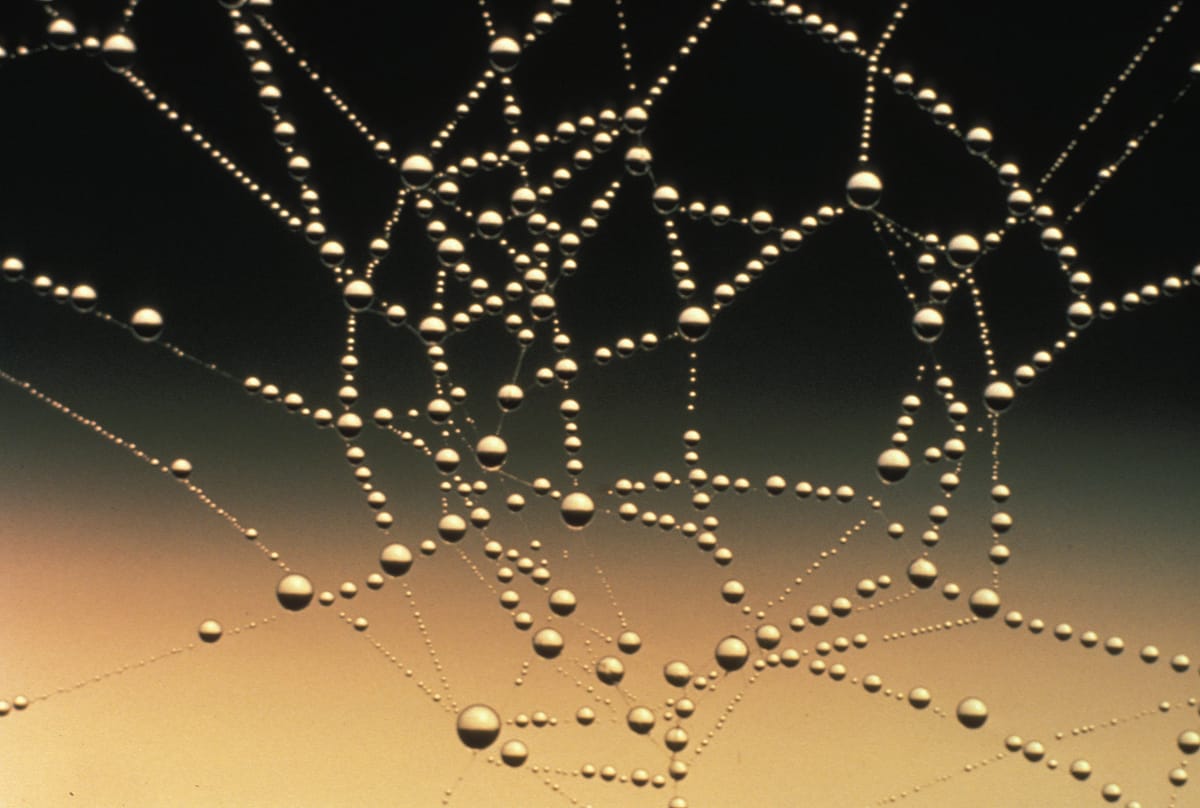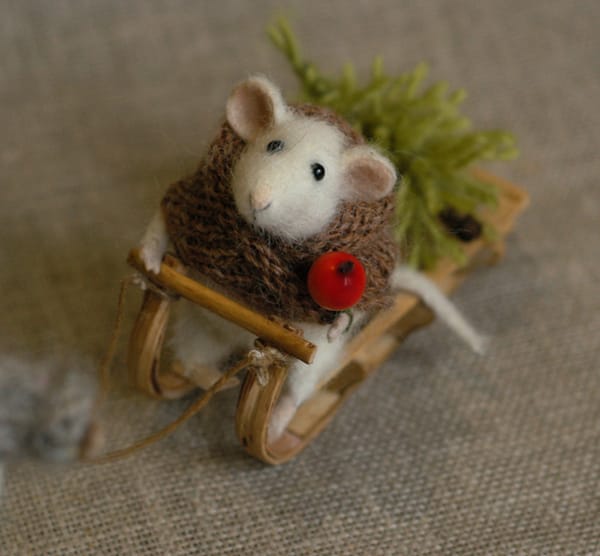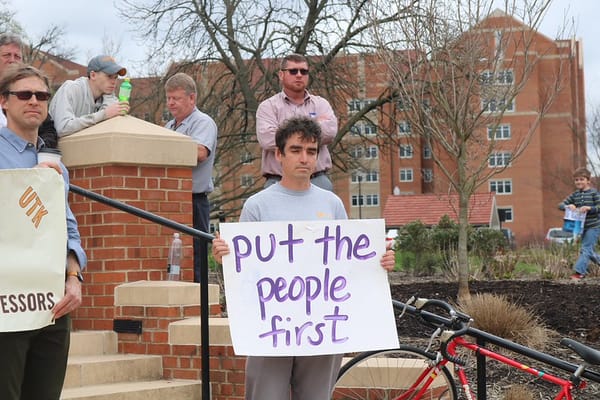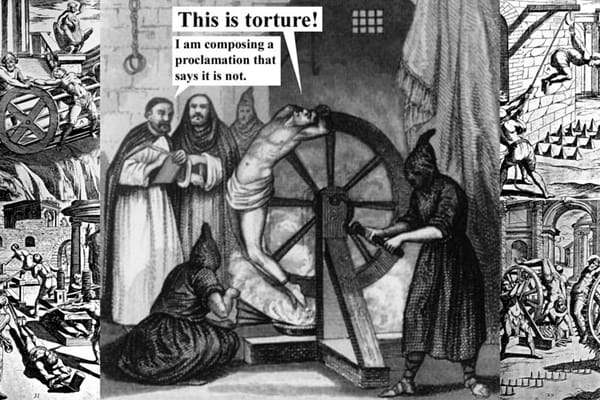Indymedia Stores #4: Valuing Our Contributions
This is what imposter syndrome looks like. Maybe. Is it? Maybe it isn't ...
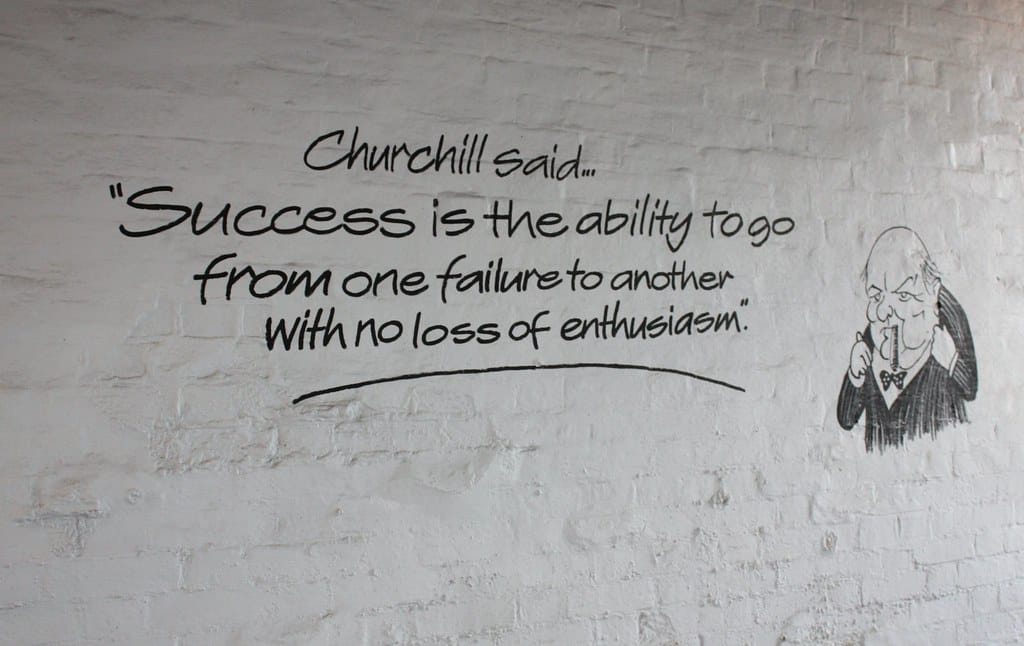
Indymedia Stories:
- Indymedia and the fediverse
- Another anniversary, Looking to the Future
- Rob and Me
- Valuing Our Contributions (this one)
As the new millennium rose, phoenix-like, from the ashes of a burned out 20th century, an ambitious media experiment began at the intersection of protest politics, anticorporate independent media, and emergent net culture. Formally known as the Global Network of Independent Media Centres. Colloquially known as IMCs, or collectively as Indymedia, based on the domain names used for our activist news websites.
I ended up getting involved in the local outpost, Aotearoa Indymedia, and these days I'll even admit to being one of its founders. In fact, in hindsight, I think I might even have been it’s BDFL1.
I'll never forget the Parihaka Peace Festival, where I subbed in for the Tamaki Makaurau crew who couldn't be there to introduce their short film. They made a few, but from memory it was 'Whose News?' After the film screening concluded, I started chatting with a women who introduced me to her friend as "the leader of Indymedia". WTF!?! I was horrified.
Worried this might be a subtle dig at me for being the face of the project at events like that, because I'd been travelling fulltime as an Indymedia organiser and reporter, I assured them both I was just a humble volunteer in a collective effort. But she doubled down, saying "you're the figurehead everyone looks up to".
After that I was really embarrassed. I thought she must be having a go at me. At the time I had no idea why else she would say that, and I still cringe at the thought. But she seemed so sincere. If it was a burn, it was incredibly subtle.
In hindsight, I guess I did play a part in pulling the various groups around the country together as Aotearoa Independent Media (AIM). As well as a pretty pivotal role in connecting us into the global IMC network, and shepherding us through the new-IMC process to get officially recognised as an IMC. What else?
Helping to nuke spam and hide nuisance posts on the open publishing newswire (which we called "clerking"), and assemble feature articles from the reporting and commentary posted there. Writing prolifically for the site, while reporting from protests and activist gatherings around the country, and the WTO protests in Sydney in 20022.
As I travelled, I networked furiously. Checking in on AIM folks and trying to help people form new local groups, and working groups to push Indymedia reporting into new forms of media. In those years I also helped to start a few media activist spaces, including InterActive in Ōtautahi. Another one here in Waikato hosted a micro-radio broadcast called Station FM. While in Sydney, I visited the Sydney IMC space for the founding meeting of Oceania IMC, a site that syndicated stories from IMCs across the Pacific.
Indymedia publishing software started building in support for CreativeCommons licenses in their early days. So well before I was involved in the founding of the CC localization project here, I was pimping CC licenses to various community media outfits, including the Access Radio stations, who I was also pushing to start podcasting their shows.
For a few years I represented the Aotearoa IMC on a number of global email lists that required delegates from each official IMC, including new-IMC itself, and IMC tech. Which if I remember rightly, is where I first came across Rabble, Mako, and others who I continue to bump into here and there, fighting the good fight.
If I'm honest, that's far from an exhaustive list. So, in hindsight, I guess the real mystery is why I didn't value my own contributions as much as that women I met at Parihaka obviously did.
I always thought of Aotearoa Indymedia as much bigger than me, and I wanted to see it outlast my active involvement. So after that conversation at Parihaka, I gradually worked towards handing over coordination work to other volunteers. Eventually after about seven years of Indymedia activity, I had mostly switched my focus to supporting CreativeCommons Aotearoa/NZ (later Tohatoha, RIP 2024), and other commons-friendly community organisations including the NZ Open Source Society (NZOSS) and Permaculture in NZ (PiNZ).
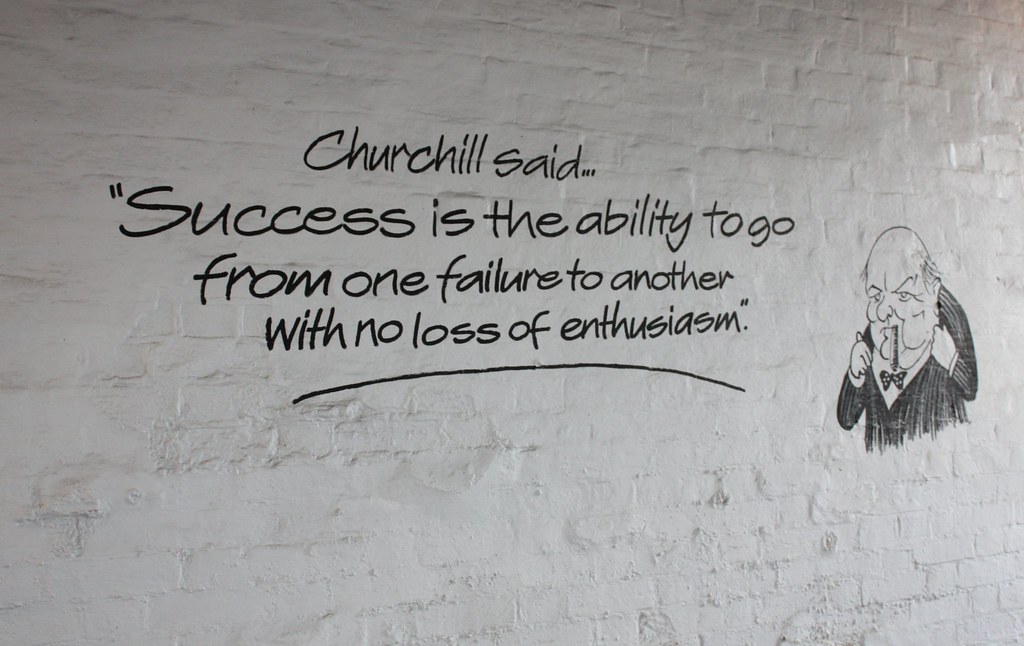
Aotearoa Indymedia continued to serve as a platform for activist communities for years without me, and I’m glad I stepped back when I did. That in itself was a contribution.
But I feel awkward writing about all this, even decades later. A lowly kumara, singing of my own sweetness. Even though the whole point of this piece is that we need to give ourselves more credit for our public interest work. That it’s important to make sure it’s not completely thankless, especially when it’s unpaid.
Most of us feel like an imposter sometimes. Your work is more valued than you know. Rate yourself!
Disintermedia is a reader-supported publication. To receive new posts and support my work, consider becoming a free or paid subscriber.
Image:
"The Wit & Wisdom of Winston - Oct 2010 - Westerham Pub Wall - Those Two Imposters" by Gareth1953 All Right Now, licensed under CC BY 2.0.
Benevolent Dictator For Life, a much misunderstood geek phrase, describing a person perpetually stuck in a leadership role in a project community, often unpaid, because they care about the project, and nobody else willing to take over has the confidence of the community. ↩
If you’re bored, you can browse some of the Indymedia writing I archived on my old CoActivate wiki, including those reports from Sydney. The top half of the page has links to the texts, mainly commentary pieces I wrote as I got less involved in the day-to-day. But if you keep scrolling down, you can at least see the dates and titles of more of the on-the-ground reports, most of them from the first few years of the site. One day I’d like to build an interactive archive of digital artifacts from Aotearoa activist history, with a decent internal search. ↩
